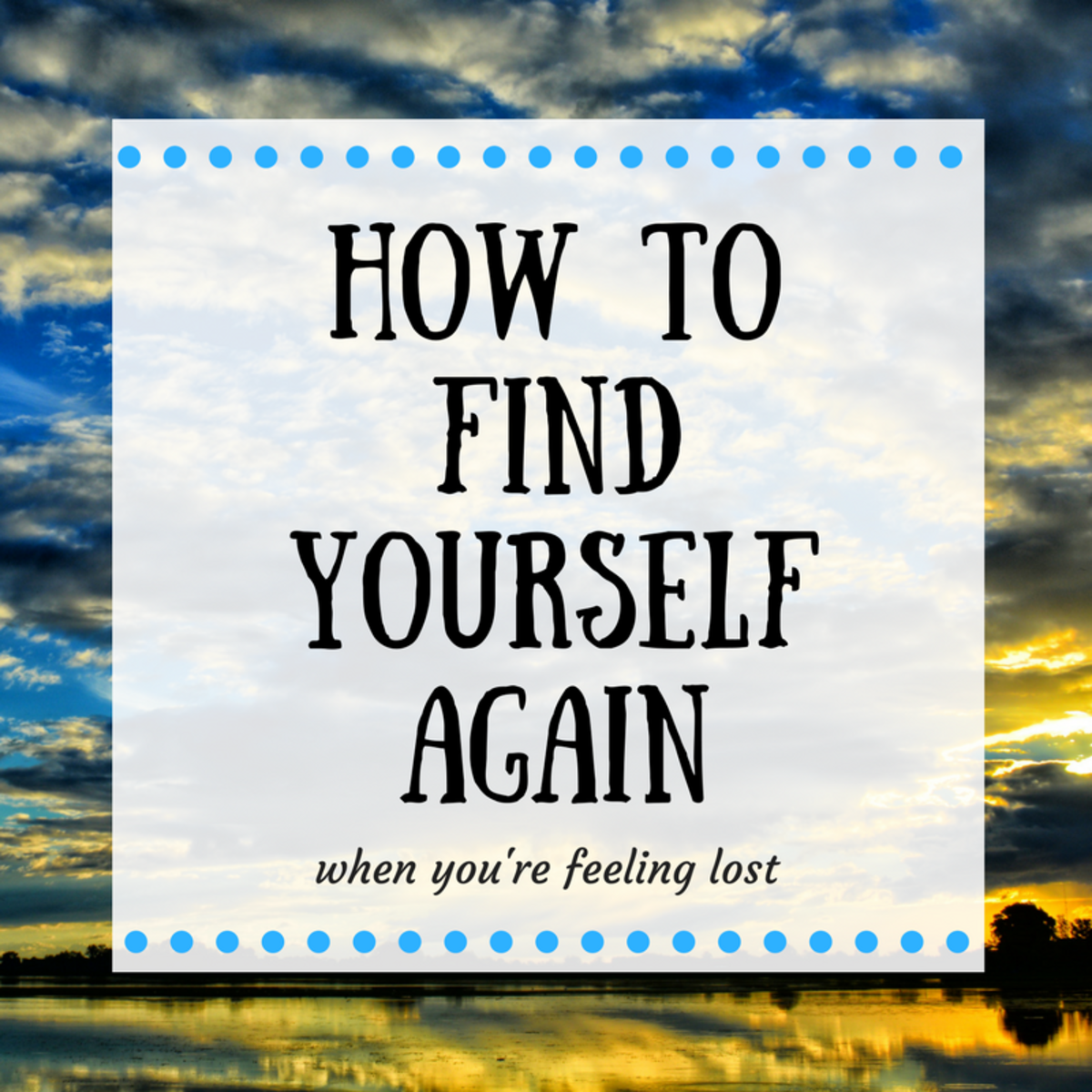Dependence on Online Shopping Should Be Considered a Mental Disorder
There are times when we bought something without really needing it..
..but it just made us feel better at the time! This might be a hint that we need a quick fix of dopamine, a substance that causes us pleasant feelings.
Many psychiatrists have argued that hopping addiction may need to be recognised as a mental disorder because there are just too many people nowadays with have worrying signs of obsessive behaviour due to the comfort of online shopping.
For example, in a recent research published in the scientific journal of Comprehensive Psychiatry [1], researchers found that a third of the one hundred twenty two people studied, reported symptoms of dependence in their online shopping activities.
As of now, there is currently no officially classified separate disorder for obsessive consumption on the internet but in the 11th review of the International Statistical Classification of Diseases and Related Health Problems (ICD) it was considered as another particular form of OCD.
Obsessive–compulsive disorder (OCD) is a mental disorder in which a person feels the need to perform certain routines repeatedly (called "compulsions"), or has certain thoughts repeatedly (called "obsessions"). The person is unable to control either the thoughts or activities for more than a short period of time. Source: Wikipedia
In this case, this situation is determined by an excessive preoccupation with the desire or consumption of online products, as well as the irresistible urge to acquire consumer goods.

In the aforementioned study, it was found that those who suffer, buy more things that they are considered as cool, instead of products that they actually need. In other words, they simply consume for pleasure, to relieve negative emotions, but the researchers argue that the ease with which people can now satisfy their desires over the internet exacerbates these problems and causes addiction.
The study also found that those who scored higher on the scale of dependence on online shopping exhibited greater anxiety and often symptoms of depression.
Coined as "buying-shopping disorder (BSD)", the researchers say participants reported numerous symptoms of addictive behaviors. Most patients were relatively young and showed great levels of anxiety and depression.
As the key researcher Dr. Astrid Mueller* notes, now is the time to recognise this problem as a separate mental disorder and expand our knowledge and understanding of the. dependence.
The authors of the paper also warn that the internet offers access to a huge number of online stores making it easier to directly reward themselves and hence very difficult to reduce or stop their excessive habits. Unfortunately, online shopping creates a storm of availability, anonymity, accessibility and affordability that contribute to the development of dependency and chances are that this will only change for the worse as years pass by.
Why people shop anyway?
Although the study didn't find the concrete reasons behind obsessive online shopping behaviours, the researchers did propose some possible explanations:
-
Maybe because shoppers are looking for that perfect picture, making their purchases a need for one more thing: the dress that matches the shoes, the bag, the coat. One thing that leads to another and then to another...A circle that never ends..
-
Possibly because shopping improves confidence, shoppers feel important, but also safer, thanks to the things they have acquired
-
Maybe shopping is simply a way to get their attention away from all the unpleasant things they don't want to think about, such as difficulties at work, frictions in relationships and health problems.
-
Peer pressure is possibly another reason. Shoppers possible imitate others to feel accepted by their close group and society in general.
-
They are probably trying to mask a negative image they might have of their bodies.
-
They may think that others will look at what we wear and will not notice their potential imperfections.
-
When it comes to men, it's possible that they are trying to project an image of wealth and power.
-
Maybe they are excited and impressed by all the new fads
-
They have probably been deprived of some things in the past, and now that they have money or easier access to shops they are rushing to buy items or services the wanted but couldn't have in the past.
In the long run, such dependencies can lead to family problems, debts and even criminal acts to repay them!
In his paper, Mueller hopes that these findings will highlight the need for further investigation into this new behaviour.
* Dr. Astrid Mueller works for the Department of Psychosomatic Medicine and Psychotherapy at the Hanover Medical School in Germany.
References
1) Müller, A., et al. (2019) Online shopping in treatment-seeking patients with buying shopping disorder. Comprehensive Psychiatry. doi.org/10.1016/j.comppsych.2019.152120.








